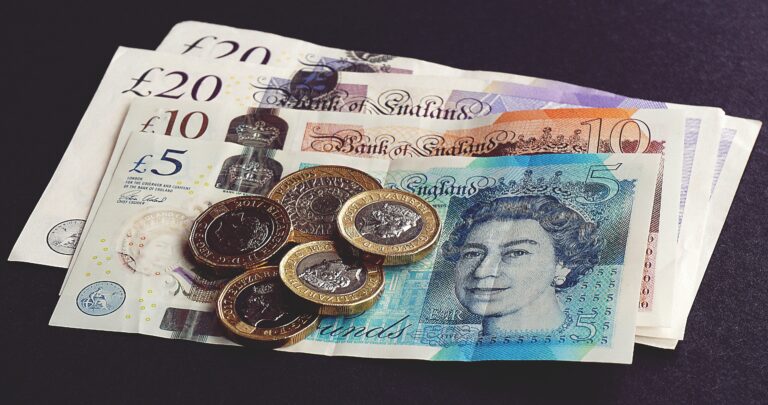
Sterling Euro Transformations
Discussion and Analysis by Charles Porter:
As pessimism continues to surround the UK political economy with consistently positive macroeconomic results being published within the Eurozone, dominant market trends will be difficult to arrest. With this message mind, this article analyses the propensity of events and data releases to manipulate the Sterling-to-Euro (GBPEUR) exchange rate.
Member of the Monetary Policy Committee at the Bank of England, Michael Saunders, spoke in the city of Cardiff this morning. Breaking this week’s trend of deliberately negligent central bank speeches, Saunders did acknowledge the influence that a weak sterling, strong euro, will have upon future monetary policy decisions. Notably, Michael Saunders was one of two Committee members who voted on the 2nd August this year to increase the Bank (interest) Rate immediately from its current rate of 0.25% to 0.50%.
The summary of Saunders’ speech takes a pessimistic tone. The defence of his recent Committee votes relies upon an analytical judgement-call based upon economic spare capacity and inflation. The justification also affords a valuable, yet concerning, appraisal of the Brexit process. Described as “bumpy”, Saunders speaks of the propensity for the secession process to “undermine business and consumer confidence”. Whilst this speech had no tangible effect upon the GBPEUR rate, the logic behind the voting division within the Committee may influence future decisions.
The effect that this admonition can have upon the GBPEUR interest rate is exacerbated by Eurozone performance and survey results. Eurozone inflation rates released this morning, measured by the Consumer Price Index, reveal that both Core and Aggregate inflation year-on-year estimates have exceeded expectations. This change, that was foreseen by our analysts but overlooked by dominant market expectations, may lead markets to revise forward their anticipations of a curtailment of the exceptionally loose monetary policy within the Eurozone. This can take the form of either an interest rate hike or, most likely, a tapering of the Quantitative Easing purchasing programme.
In conjunction with a lack of comment by the ECB president, Mario Draghi, about the need to correct a strong Euro, the GBPEUR exchange rate seems unconstrained to fall. This lack of comment was observed upon two occasions; at the Jackson Hole symposium and Lindau Nobel Laureate Meeting. Moreover, recent Purchasing Managers Index show optimism within the Eurozone, and particularly the German, economy. All of these trends will be closely analysed whilst we await a meeting of the Governing Council of the ECB to discuss monetary policy in Frankfurt, one week from today.
However, pessimism within the UK economy may not be as long-lived as it currently seems. With Prime Minister May currently in Japan meeting with her counter part, Prime Minister Shinzo Abe, the propensity for post-Brexit optimism to be successful fostered is visible. Any optimistic news arising from May’s trip, however, is unlikely to surmount the incumbent market dynamics so long as investor and public perceptions of the Brexit negotiations are characterised by incoherence and stagnation.
Despite focusing upon the GBPEUR exchange rate, it is also worth noting that US macroeconomic indicator data-releases have been extremely positive. U.S consumer confidence has threatened post-millennium highs and yesterday’s second reading of annualised second quarter GDP growth showed dramatic increases to reach 3.0%. Therefore, similar dynamics within the GBPUSD exchange rate may be visible. Further analysis will follow today projecting the Eurozone adherence to a Phillips curve following inflation and unemployment statistics releases over the last 48 hours.
Related Insights

Daily Brief – Great British Pound
Great British Pound For buyers of USD and EUR versus GBP, the lead up to the results of the US Presidential Election have thrown up an opportunity given that USD has seen a weaker performance in the past two days. The likelihood is that there will be some swings in the next few days ahead of […]

Daily Brief – Trump and Europe
Trump and Europe Even before a week has elapsed since Trump’s resounding victory, analysts are scrabbling to work out what it all means for Europe. Broadly for the major European economies the sanctions mooted by Trump in his election pitch will mean a fall in their individual 2025 GDPs of between 0.3 and 0.4% and […]

Daily Brief – Bank of England
Bank of England As widely expected, the Monetary Policy committee did cut interest rates to 4.75% yesterday but it is worth watching the predicted path of inflation currently at 1.7% which will rise to 2.2% in the next 3 months and which is not slated to fall back to within the 2% target range again […]


 Humphrey Percy
Humphrey Percy